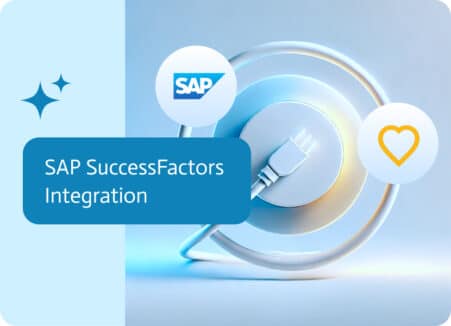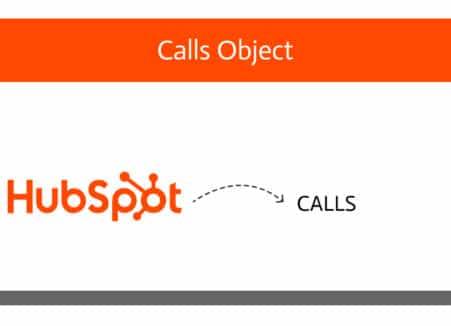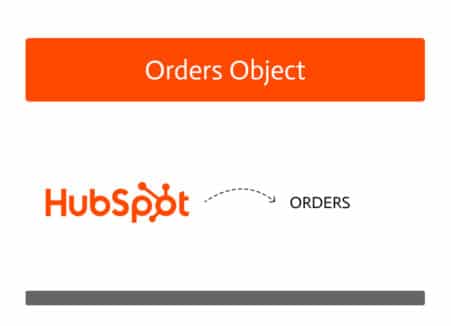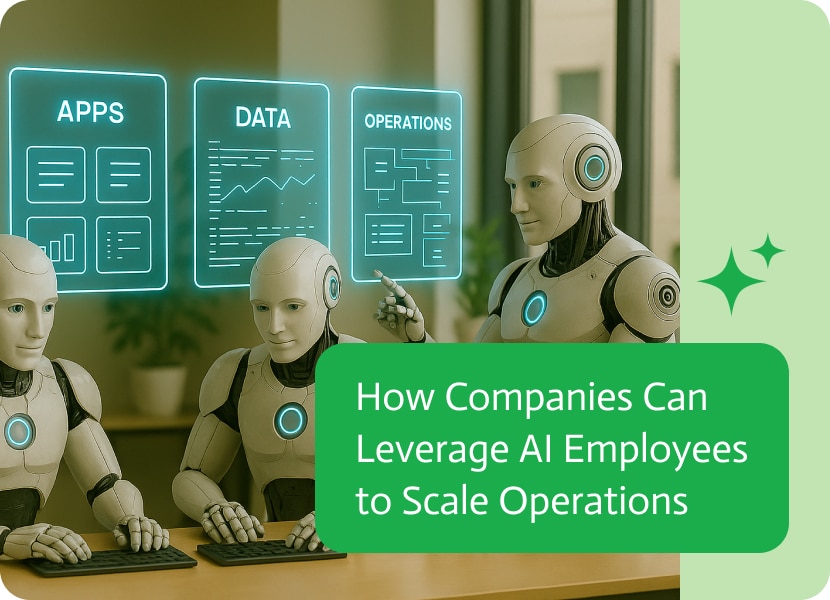
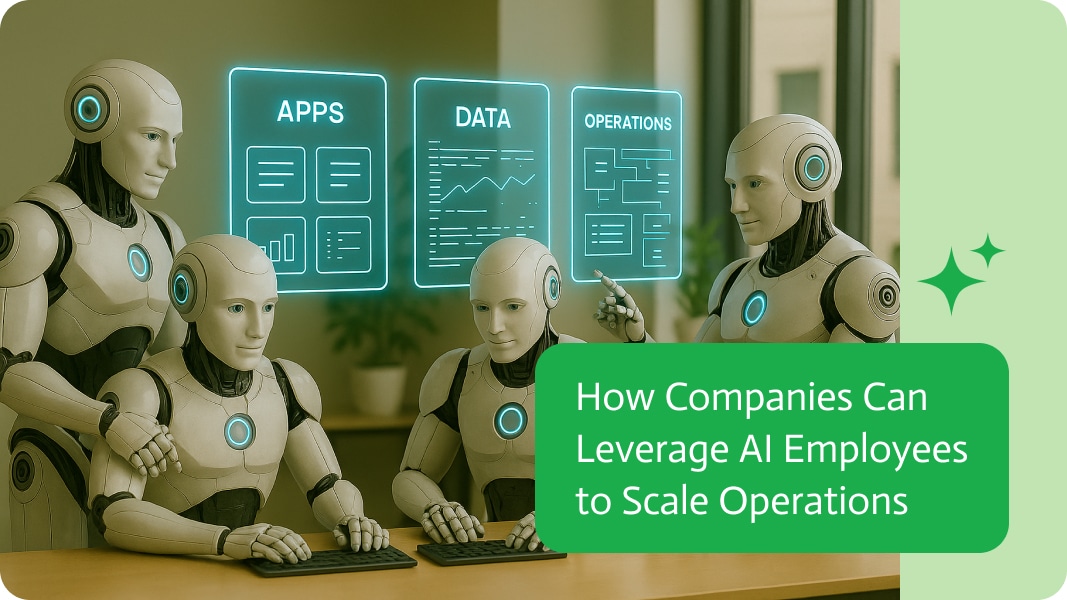
AI Workers Can Scale Your Business Quickly
At some point in every company’s growth story, the wheels start wobbling. Sales are up, the inbox is exploding, customers are piling in, and suddenly your smooth little machine starts coughing under the weight of its own success. That’s exactly where AI worker agent come in. They’re not glorified chatbots or fancy macros, but digital team members that can manage entire business functions, front to back, while you sleep.
Scaling should feel like flying, but more often it feels like sprinting uphill in wet socks. You hire more people, buy more software, and patch together more “temporary fixes” (that somehow stick around for years). Growth shouldn’t have to mean a chaotic mess like what it is these days.
Humans Are Brilliant But Inefficient When Scaling
Let’s get this out of the way: people are and will probably always be irreplaceable. They’re creative, strategic, and emotionally intelligent, essentially all the things software dreams of being. But when it comes to scaling, humans hit a ceiling.
- You can’t copy-paste your best employee ten times.
- Every new hire needs context, onboarding, and six weeks to stop asking, “Who owns this again?”
- When someone leaves, half the team’s knowledge leaves with them.
Even the best-run companies start drowning in their own processes. Meetings multiply, Slack channels multiply, but productivity, not so much. So companies tried automation. They built workflows, plugged in bots, and wired up every “if this then that” imaginable. It helped for a while, until it didn’t.
The Automation Plateau
Automation got us far, but not far enough. We ended up with a digital patchwork quilt, basically bits of efficiency stitched together with brittle connections. A zap here, a script there, maybe a chatbot if we’re feeling fancy. But none of it actually thinks, until now.
AI workers, on the other hand, gets the overall goal, not just the individual steps. It doesn’t wait for you to press “run.” It operates continuously, learning from previous info while regularly changing when it encounters weird situations and adapting. It’s the difference between a to-do list and a project manager who gets things done without asking twice.
That’s where the next wave of scaling is coming from: autonomous agent platform digital workers that don’t just automate a task, they own the outcome with little to no spoon-feeding from a person.
Meet the AI Workers
So you’re probably wondering what an AI employee actually is, especially considering how interchangeable industry jargon seems to be these days.
Essentially, we could refer to it as your digital counterpart that can manage full workflows across your organization. It can:
- Pull data from multiple systems,
- Make real-time decisions,
- Communicate among all your teams or tools,
- And most importantly, it learns as it works.
Examples:
- A Sales Ops AI employee takes a lead from first contact through qualification to CRM entry and then follow-up, no human babysitting required.
- A Finance AI employee reconciles invoices, handles payments, and spots cash flow issues before your accountant’s third espresso.
- A Customer Success AI employee runs onboarding, tracks satisfaction, and nudges humans when empathy, not data, is needed.
It’s not replacing your team; it’s removing the sludge between ideas and execution and wasting resources on boring jobs that slow down processes.
Real-World Scaling: Where AI Workers Are Already Plugging In
1. Operations That Run Themselves
In logistics-heavy businesses, AI employees monitor inventory, place restock requests, and deal with vendor emails, all while adjusting for things like seasonality or shipping delays. What used to take a full operations team now happens automatically, with precision that doesn’t depend on who’s on shift.
2. Customer Success That Never Sleeps
Keeping clients happy depends on timing and being consistent. AI employees manage check-ins, feedback loops, and renewals at the perfect cadence, alerting humans only when something looks off. It’s like having your own personal assistant that’s clued up on everything and knows when to send a reminder or when to give someone space.
3. Finance Without Friction
No more “where’s that invoice?” threads. AI employees handle reconciliation, keep records of what money is being spent where, and create real-time dashboards. They’re basically your CFO’s quiet overachiever.
4. Marketing & Sales on Autopilot
In growth teams, AI employees take care of rating your leads, outreach, follow-ups, and scheduling meetings, leaving the staff free so they can focus their attention and skills on creative strategy and closing.
The result: teams that grow output by miles and not with headcount.
The Real Benefits of AI Workers
AI employees do save money, but they also bring a host of other advantages to the table:
- Flawless consistency: No fatigue, no missed steps, no “I’ll do it after lunch.”
- Memory that compounds: AI employees remember everything. Every win and every mistake, then it all becomes institutional intelligence.
- Agility across silos: Finance, ops, and marketing finally speak the same language.
- Humans regain creative bandwidth: When the drudgework is handled, people think bigger and act faster.
- Learning speed: AI employees surface insights continuously. They don’t wait for the quarterly review to tell you what’s broken.
- Scaling stops being a math problem and starts being an evolutionary leap.
How to Bring AI Workers Into the Fold
Adopting AI employees isn’t a tech project anymore, it’s a necessary leadership decision. The smartest companies start small and then grow with careful considerations:
- Pick one measurable outcome. Don’t start with “Let’s automate marketing.” Start with “Let’s cut response time by half.” Then build a digital employee that owns that metric.
- Feed it your reality. Use your actual workflows and relevant info to teach it. The magic’s in the context.
- Stay close at first. Like a new hire, it’ll get better with coaching. Review outputs, tweak logic, and refine goals.
- Let it collaborate. AI employees don’t replace people, they simply augment them. Let your staff learn how to work with their digital coworkers.
- Pick the right system. If integration feels like open-heart surgery, it’s the wrong fit. You need something built for speed and how well they work with others, not a Frankenstein stack of plugins.
Where Noca Comes In
This is where Noca is quietly changing the game. While most platforms focus on automating, Noca helps teams build actual AI employees, essentially digital workers that can handle full end-to-end operations while gaining knowledge as they go. You define the role, connect your tools, and Noca takes care of the orchestration under the hood.
Need a Customer Success AI Employee? Noca can spin one up that:
- Onboards new clients,
- Monitors engagement,
- Flags at-risk accounts, and
- Handles outreach without ever breaking tone.
Noca AI gives its agents the ability to learn, change, and react in real time. They are able to process fresh data, identify evolving business circumstances, and make astute workflow adjustments. By enabling AI employees to read data from any system, evaluate real-time insights, and make wise decisions, this platform facilitates context-aware decision-making.
Beyond that, Noca makes it possible to turn your ideas into fully functional web applications via prompt. Only their job description is known to other agents. Your whole business context is understood by Noca’s agents. Noca’s AI does more than just react; it streamlines processes, finds inefficiencies, suggests the best course of action for the future, and gives agents the ability to take initiative. It’s the difference between an employee who waits for orders and one who fixes a developing issue across three different systems before anyone else does.
The beauty is how simple it feels. No need for a data science department or a six-figure implementation. Noca lets you deploy AI employees the way you’d onboard a human one, minus the paperwork.
Noca’s Integration Prowess
When it comes to connecting your newfound digital workers, most platforms run into problems with true integration. By integrating more than 500 apps and services, such as marketing tools, CRM, ERP, and e-commerce platforms, Noca radically alters the rules of the game. In order to automate processes, monitor data, and take proactive measures across all of these systems, the AI Agent worker Orchestration deploys intelligent agents.
However, the sheer quantity of connections is not the only factor. Every app that Noca offers bidirectional integrations with has been verified to adhere to the TRAPS framework (Trusted, Responsible, Auditable, Private, and Secure). This implies that you immediately get enterprise-grade compliance and peace of mind.
Scalable Teams Going Forward
In the next decade, the most successful companies won’t be the ones with the biggest teams. They’ll be the ones with the smartest orchestration of staff and AI employees.
Humans will focus on strategy, design, and empathy, you know, the irreplaceable stuff. AI employees will execute, making sure things get done. Don’t think of it as the complete replacement of hardworking people. It’s about removing the bottlenecks that keep people from doing their best work. We’ve already scaled human strength with machines. Now we’re scaling our intelligence with digital employees that can think, act, and discover with us.
Five-person teams will run like fifty. Departments will move at the speed of decisions, not documents.
This is where Noca can take your company to the next level. With built-in auto-scaling, performance tuning, and fault tolerances, Noca is designed for production use. This guarantees that as usage increases, your application will remain dependable and quick. Through an easy-to-use dashboard, you’ll be able to track all processes, keep an eye on the health of the flow, and troubleshoot problems incredibly easily. AI employees can instantly modify workflows to keep up with rapid changes thanks to real-time adaptation.
The impact in the real world happens quickly. Because of streamlined delivery, speedier dev cycles, and a decrease in errors, businesses usually see measurable ROI in just a few weeks. Instead of waiting months for configuration, you receive returns right away.
The Takeaway on AI Workers
Scaling used to be linear, meaning more people, more hours, and, of course, more burnout. AI employees make it exponential. They don’t just save immense amounts of time, they reshape how time is used.
If your company’s hitting that “we need ten more people” moment, maybe you don’t. Maybe you just need one well-trained AI employee. And if you’re wondering where to begin, Noca has already built the framework for it, acting as the bridge between automation and true operational autonomy.
Digital workers will be just as common as Slack channels by the end of 2025. Because market forces have already decided for you whether to create a digital workforce, the question is not whether to do so. The real question is, do you want sales-optimized specialists or the resources to develop the kind of AI employees your particular company truly requires?
